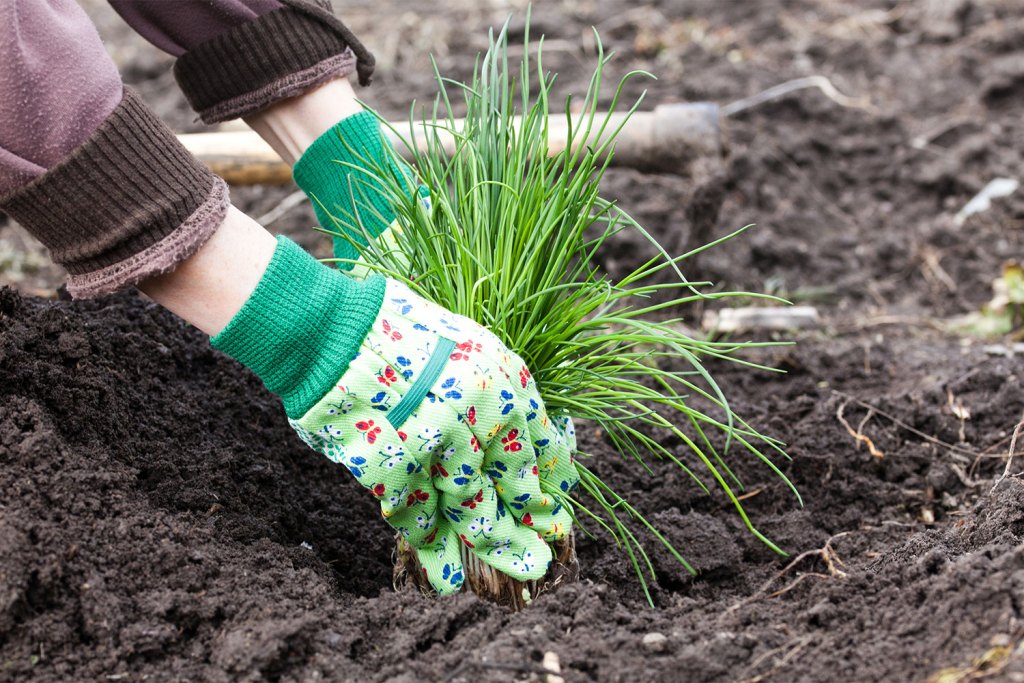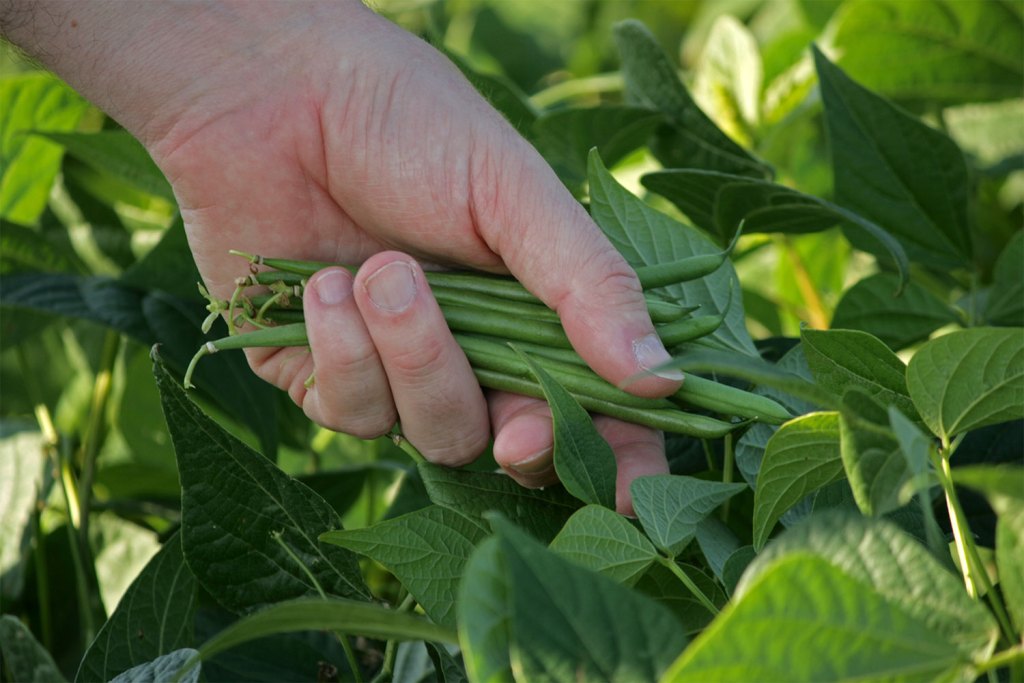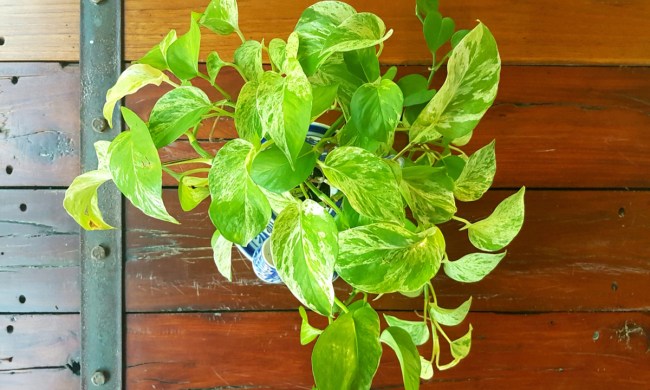Chives are easy-going herbs that pack a delicious onion flavor while growing with little fuss. Because these grass-like plants are cold hardy, you can even grow them in the fall. Just after weeks of sowing your seeds, you’ll have a fresh flavor enhancer and garnish at the ready.
Besides their flavor and low-maintenance care, chives also pair well with other plants in the garden, encouraging them to grow and benefiting their health by way of deterring pests. This concept is called companion planting, which is the idea that plants thrive when grown next to each other. If you’re wondering which plants make the best chive companion plants, we’ve rounded up some below to help you plan your garden plot!

Best companion plants for chives
Grapes
Chives are great companion plants in general, but they go especially well with grapes. Because they’re aromatic plants, chives prevent pesky pests from lingering around grapes. They also draw in bees and other pollinators, which, in turn, results in higher grape yields. Chives and grapes, of course, don’t only pair well in the garden. After harvesting both, you can toss them together in a sweet and savory salad. The base of this recipe is relatively straightforward: Mix chives, grapes, celery, mayonnaise, and chicken for an easy and flavorful side dish that works perfectly for warm-weather picnics.
Tomatoes
Tomatoes and chives go together beautifully in soups, salads, and other savory dishes, but they also get along quite well in the garden. Tomatoes can sometimes draw sap-sucking aphids and foliage-chewing Japanese beetles — the great news is that chives work as a repellent. Plus, chives can also enhance tomato flavor and growth without the need for fertilizer. As they’re perennials, chives can last throughout the year and will come back year after year, making them a beautiful backdrop to tomatoes with their white and purple flowers.
Roses
Roses and chives also pair together wonderfully for a lovely flower bed. Not only do the purple and white flowers complement red and pink roses, but chives also help deter pests such as the Japanese beetle. In addition, these herbs prevent black spots and encourage growth as well. While they themselves may have an onion aroma, chives may help enhance the fresh floral notes in roses. Roses can bloom on and off from spring through fall — chives will do so from spring through summer, so you can plan to sow your chive seeds around late winter or early spring for a colorful garden in the growing season.
Cucumbers
Much like roses, cucumbers can also attract beetles. Cucumber beetles munch on the fruit, flowers, and leaves of the cucumber plant, so having the aromatic chive plant by it will keep these pesky creatures at bay. When it’s time to harvest your cucumbers and chives, you’ll have the base materials for your favorite fresh salad recipes with these two versatile greens.
Carrots
Chives help maximize carrot growth and flavor so that you get longer and more flavorful carrots in larger bunches. Additionally, when chives are grown next to carrots, they confuse onions and carrot flies. On the pest control front, chives also repel aphids that harm carrot plants. After you harvest both plants, they can go together for a hearty vegetable soup, whether you’re making a creamy carrot soup or a veggie medley.

Plants not to grow next to chives
Thanks to their pest-repellent properties, chives can grow alongside most fruits and vegetables. However, there are a few plants that you shouldn’t grow near it. As a rule of thumb, chives don’t mix well with beans, which are allelopathic plants that produce biochemicals that can hinder the growth of other plants. Beans also struggle to grow next to plants in the onion family, which includes onions, leeks, garlic, and of course, chives. Other plants that don’t grow very well next to chives are spinach and asparagus.
Not only do chives grow quickly and beautifully, but they also make great companion plants for a wide variety of species. Except for a few plants, they encourage most species to grow while repelling damaging pests. Whether you’re planning a garden devoted to flowers, edibles, or some combination of both, you definitely incorporate chives into your yard or garden as a versatile companion plant!



